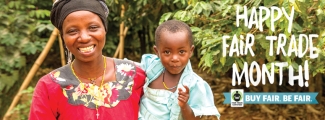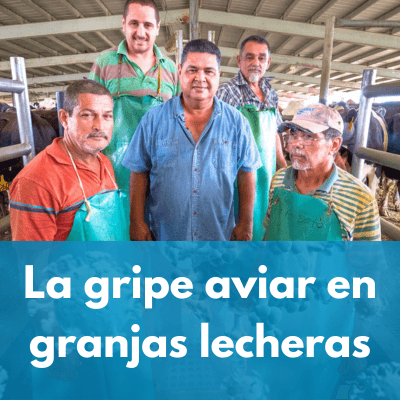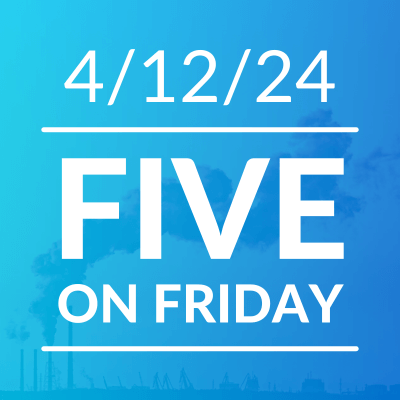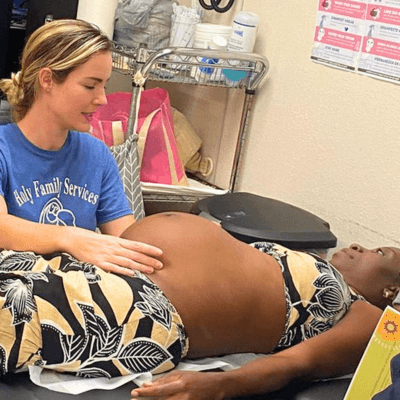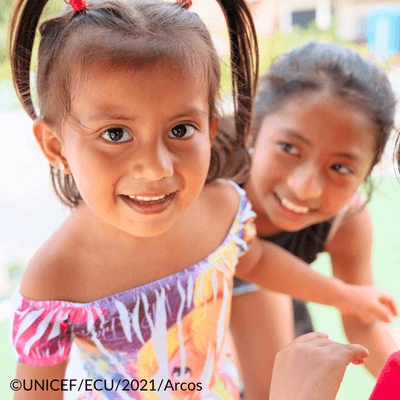Trick or Treat: Who harvested the chocolate in your favorite Halloween candy?
October is not just a big, long prelude to Halloween night; it’s also Fair Trade Month, when we celebrate the movement to provide third-world farmers and farmworkers a fair wage and safe working conditions through our purchases. Additionally, October is the start of the cocoa harvest in West Africa, the region that grows most of the world’s cocoa, some of which will likely end up in your child’s plastic jack-o-lantern bucket this evening.
Chocolate, as a commodity, has had its fair share of controversy. At the top of the list is its continued association with child slavery; despite legislative attempts, industry promises, and declared (and missed) deadlines, children, many trafficked into the industry or sold into indentured servitude, still work in the cocoa orchards. “70% of world cocoa production is cultivated in West Africa where child labor poses severe, in some cases unacceptable, risks,” notes a report by the International Cocoa Initiative, a group spearheaded by the Organization for Economic Cooperation and Development. The report later notes that there is a long tradition of “young people” migrating for work in this region: “Reaching beyond the boundaries of the cocoa farms themselves, child labour in rural communities is often rooted in long standing migratory patterns.” Migration results in higher levels of vulnerability to trafficking and exploitation, but the tradition of children’s mobility in seeking work -- a foreign concept to Western ears -- is a complex reality of the region.
But this year, there’s another complication in the cocoa harvest: Ebola. Due to the ongoing Ebola outbreak, Cote d'Ivoire and Ghana have closed their borders to neighboring countries Liberia and Guinea, both of which are at the epicenter of the Ebola outbreak. Those Ebola-afflicted countries also happen to supply most of the migrant farmworkers -- children and adults -- who typically harvest the cocoa this season. As a result, cocoa commodity prices spiked last month, but when fears of Ebola jumping the borders waned and worldwide chocolate consumption slightly lessened, the commodity price of cocoa fell dramatically, and some traders anticipate the price will continue to slide -- which may lead to price cuts for cocoa farmers, and wage cuts for the farmworkers who are busy harvesting.
What can we do as consumers? To avoid the bittersweet discovery of slavery, worker exploitation, and farmers’ exposure to worldwide price fluxuations in our bite-size chocolate chews, we as consumers can look for the label. The Fair Trade label is one of several that guarantees fair wages, safe working conditions, and worker rights, through third-party inspection.
Happy Halloween -- and Happy Fair Trade Month!
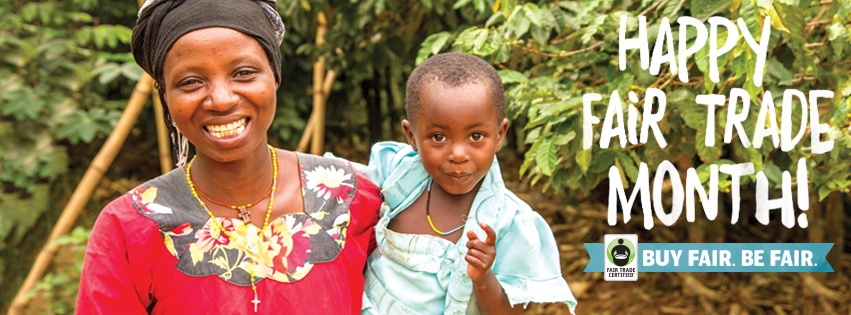
- Log in to post comments
